
PALMS & SPIKY PLANTS The Plant Yard
Palms: hardy Most palms need tropical or subtropical temperatures, but there are some suitable for planting outdoors in the British Isles. Hardy palms are invaluable as structural plants in tropical-style gardens and look effective when planted with bananas, bamboos and New Zealand flax. Chamaerops humilis (dwarf fan palm) Quick facts

PALMS & SPIKY PLANTS The Plant Yard
Look no further than the Best Spiky Plants To Spice Up Your Garden!. The leaves of the Dragon Tree are arranged in a rosette pattern at the ends of thick branches or trunks. It has sharp, pointed tips and is often clustered densely, giving the plant a spiky appearance.. European Fan Palm. verde_botanical.
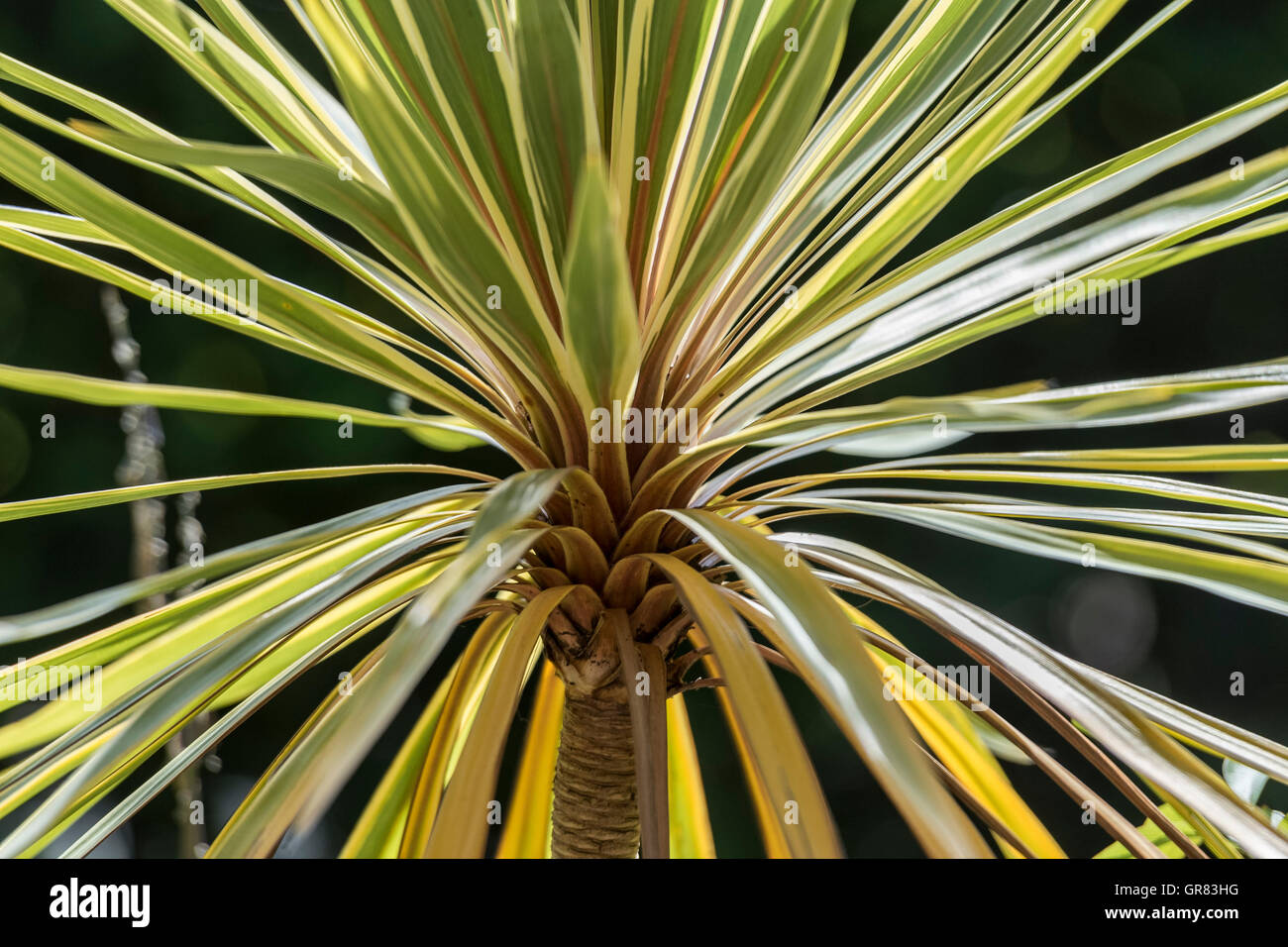
spiky plant palm Stock Photo Alamy
This tropical plant has large, lush green leaves that can reach up to two feet (60 cm) long, with deeply serrated edges, and covered in tiny, purple hairs (trichomes). The naranjilla's dark green leaves look soft but grow sharp thorns along the veins to discourage larger herbivores.

Spiky Palm Like Plant Garden Design Ideas Plants, Garden design, Evergreen shrubs
Yucca plants are famed for their large, spiky leaves growing on the top of long, thick woody stems. Many species of yucca plants are ideal ornamental plants for garden landscapes. Yucca plants have the appearance of palm trees, so growing them in your backyard or indoors can create a tropical look.

Spiky Madagascar Palm Closeup of the trunk of my Madagasc… Flickr
Additionally, various dwarf palms have distinct trunk features, including slender and smooth trunks or trunks with husks that create a spiky appearance. The appearance of different palm species varies significantly. Some palms have slender trunks with a lush crown of gracefully arching fronds.
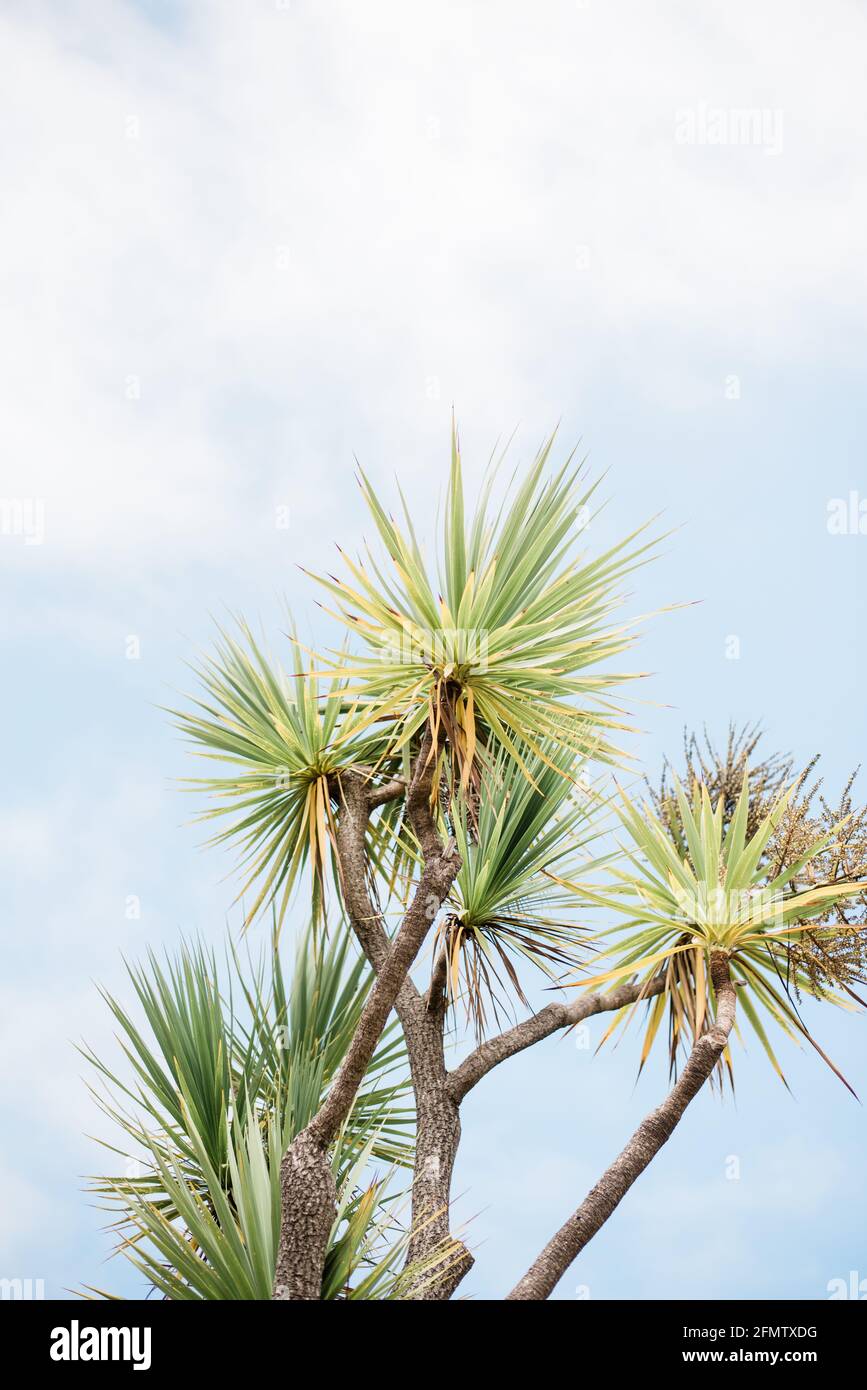
Spiky branches hires stock photography and images Alamy
Brahea armata - Sun, free draining soil, slow growing, needs a very mild hot garden, best planted so not suitable for long term container growing. For any further information about your Hardy Palm Trees, please either call us on 01903 891466 or email us at [email protected] and we will be glad to help.
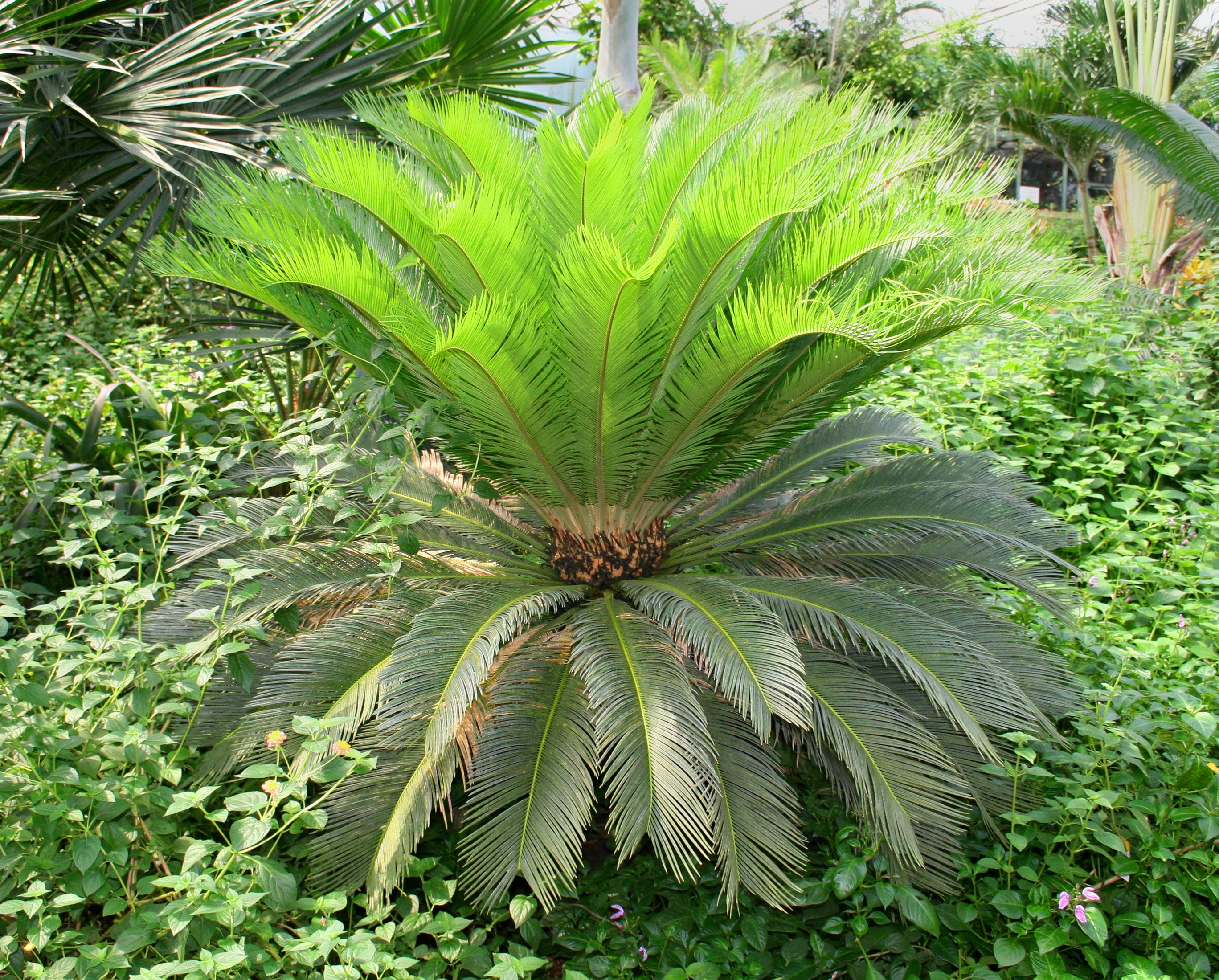
green spiky plant free image Peakpx
They spread from the top of the tree trunk like a head of unruly hair. These trees can tolerate very low levels of light and they only grow to about 6 feet (1.8 meters). 39. Sago Palm ( Cycas revoluta) The Sago Palm tree is also quite small, only reaching about 5-7 feet (1.5 - 2.1 meters) in height.
This palm tree has large spikes growing out of the top. r/mildlyinteresting
Sago palm ( Cycas Revoluta) is a shrub native to southern Japan and is used as an ornamental plant since ancient times. It is also commonly known as the Japanese sago palm, sago cycad, or king sago. This shrub has a very slow growth, can live hundreds of years, and normally doesn't reach a height of more than 10 ft (3m).
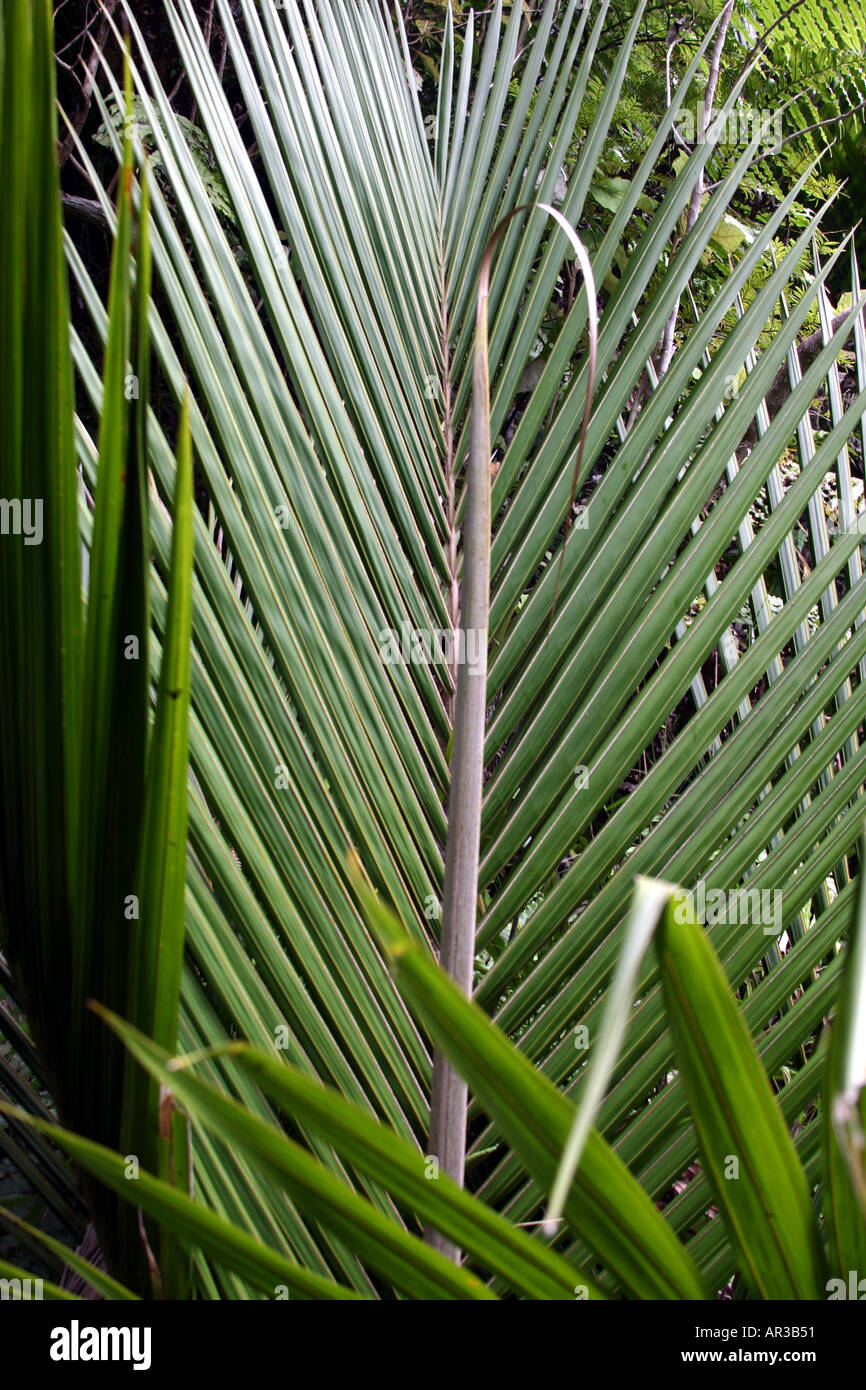
Spiky palm fronds hires stock photography and images Alamy
The palm tree trimming cost calculator will help palm tree owners to identify an estimated amount when planning to have their plants trimmed. According to national estimates, pruning a palm tree (single palm) costs $179 on average. However, the price might vary widely from $75 to $945.

Spiky Palm Trees on the Island of Tenerife Stock Photo Image of spring, botanical 173521288
Dracaena, or spike plant, was traditionally considered a houseplant for years. However, it is finding favor in annual container gardens where the spiky upright leaves provide height and textural contrast to bushy and cascading annual flowers.
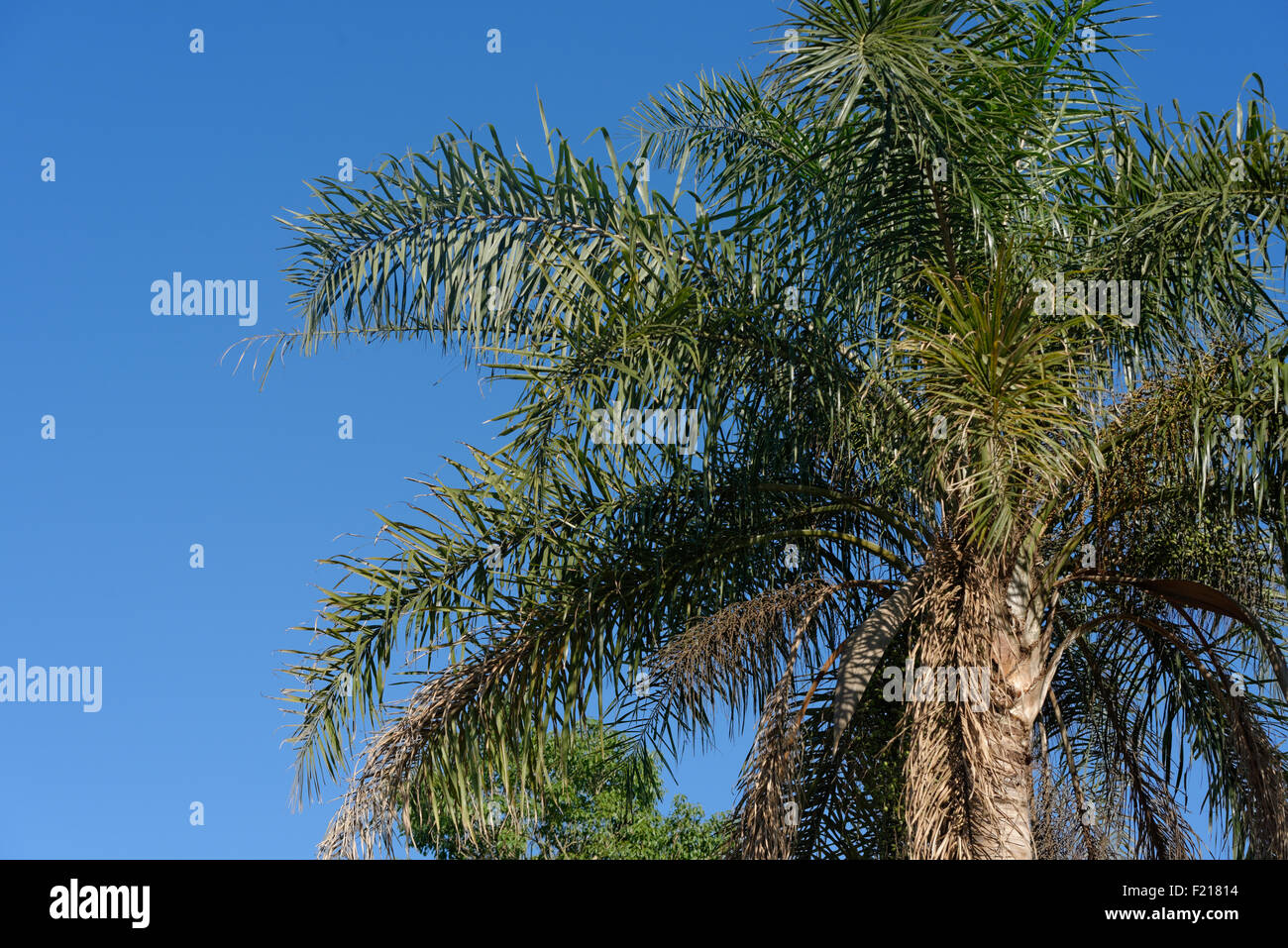
Spiky palm tree against a blue sky Brazil Stock Photo Alamy
Hailing from Mexico, this striking plant takes the form of a spiky ball atop a chunky trunk, with the potential for more than a single trunk to develop in the right conditions. With some species capable of reaching 2m in height, it's a perfect way to make a statement with stature in your garden.
Has anyone seen this spiked palm tree before?! Hawaii
1. Lady Palm theplantpeople Botanical Name: Rhapis excelsa Height: 5-6 feet This palm grows from multiple bush-like clumps with upright, deep green fronds that split into fan-like sections. It prefers dappled light and rich, loose potting mix. 2. Pygmy Date Palm Botanical Name: Phoenix roebelenii Height: 3-4 feet
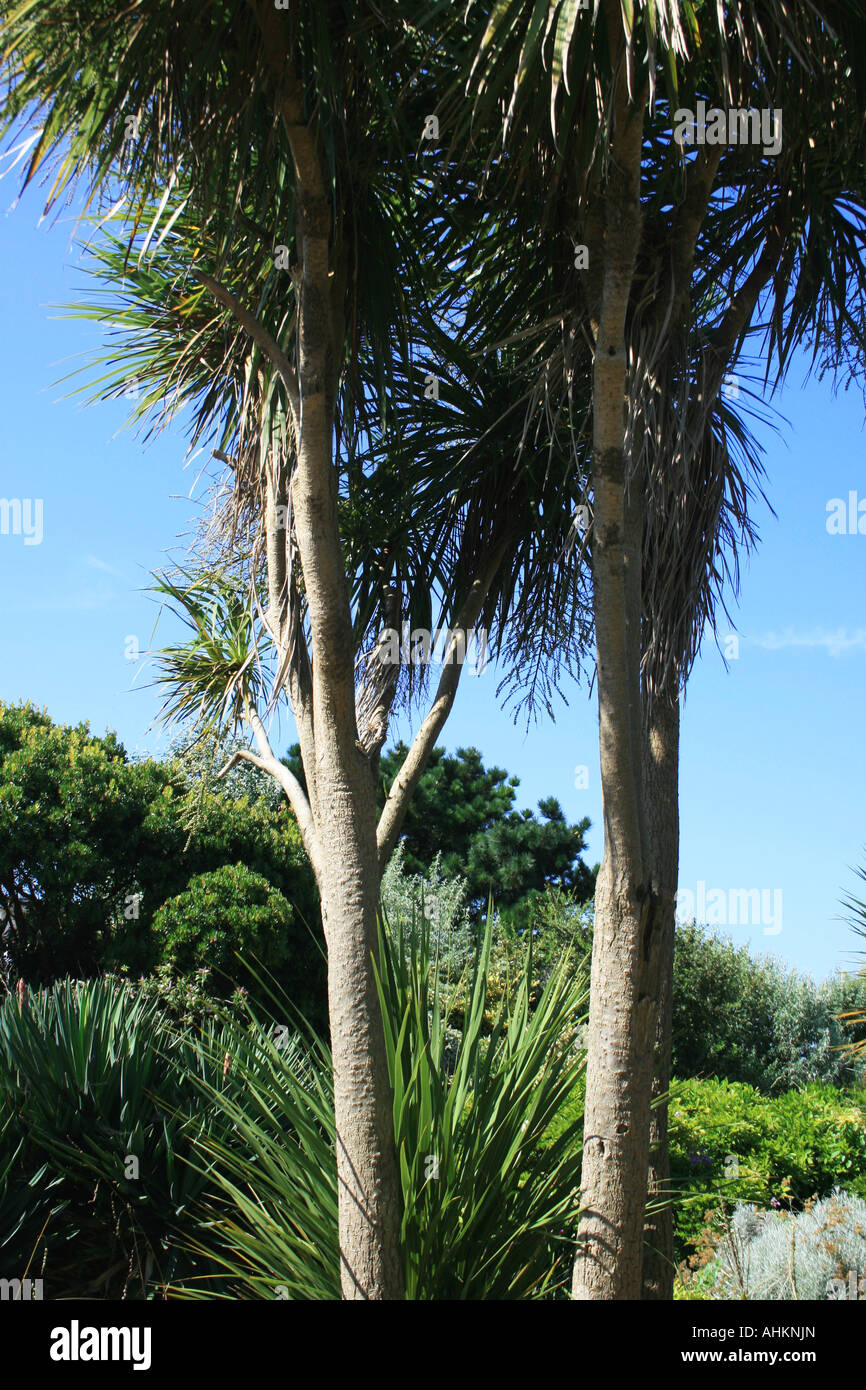
Rock Gardens, Southsea, palm tree against the sky, flowering palm and spiky plants Stock Photo
These leaves, however, grow sparse. The plant achieves an explosion-like appearance, with spiky leaves growing to the sides. As an Australian native, it prefers tropical environments, even though it can resist temperatures as low as 25 degrees Fahrenheit. CURIOUS FACT: Most Foxtail palms stay within 35 feet of height. #11.
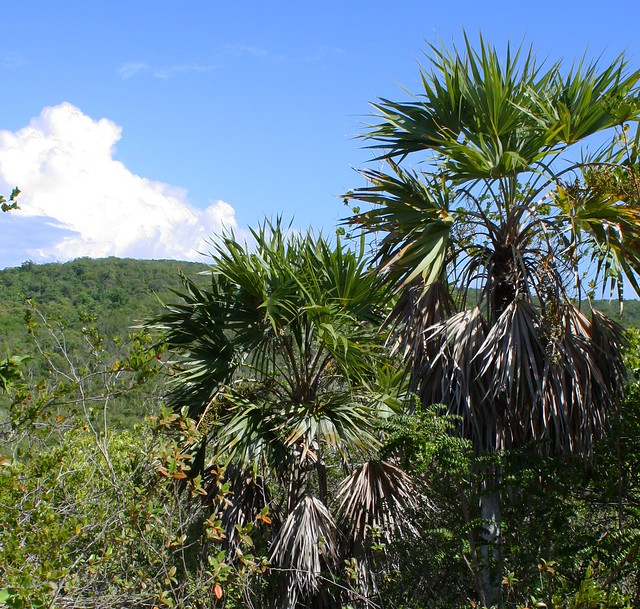
Spiky Palm Flickr Photo Sharing!
Sandy loam soil is usually the best option for palms. If your soil drains well, use a mulch to retain moisture and keep out weeds. As the mulch breaks down, it will enrich the soil around the palm. Apply a 2- to 4-inch-deep layer, with it thinner near the trunk and thicker over the root zone.
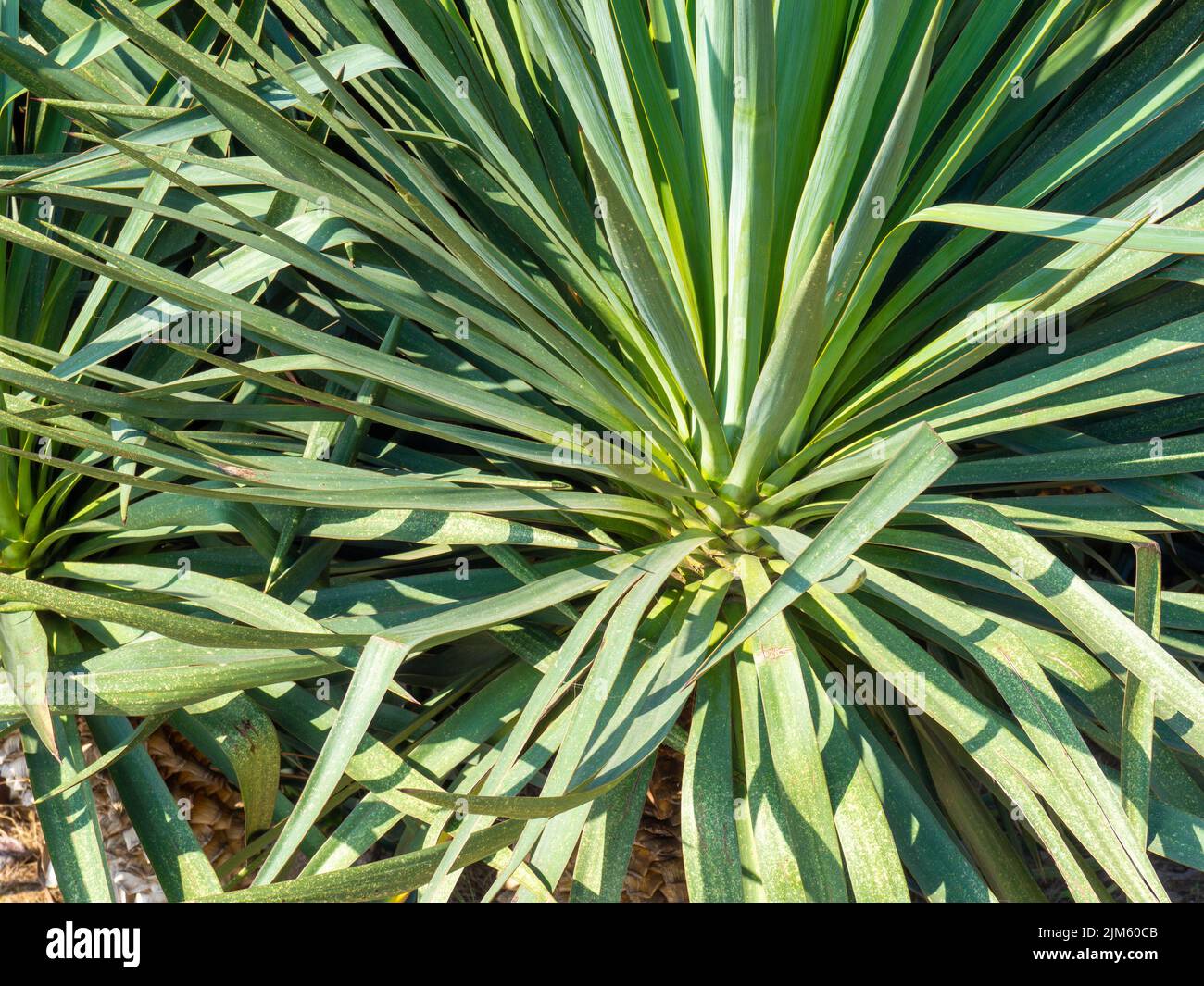
Narrow long spiky palm leaves. Plant top view. Spiny plant. Palm foliage. natural background
Download Article. 1. Identify a palm by its stems. One thing that distinguishes a palm tree from other tree varieties is its unbranched stem with leaf tufts either on the end or on each side of the stem known as fronds. [1] These bushy, often large, leaves on the stem are a most common identifier. [2] 2.

The spiky fronds of sago palm have an unmistakable look. Not actually a palm, but a cycad, one
Check out the following beautiful and spiky options for your yard: 1. Agave. The agave plant, a genus of monocots, is native to the Americas, and thrives in hot and arid conditions. Agave plants are drought tolerant and love sunlight. The agave typically forms rosettes of strong, fleshy green variegated leaves.